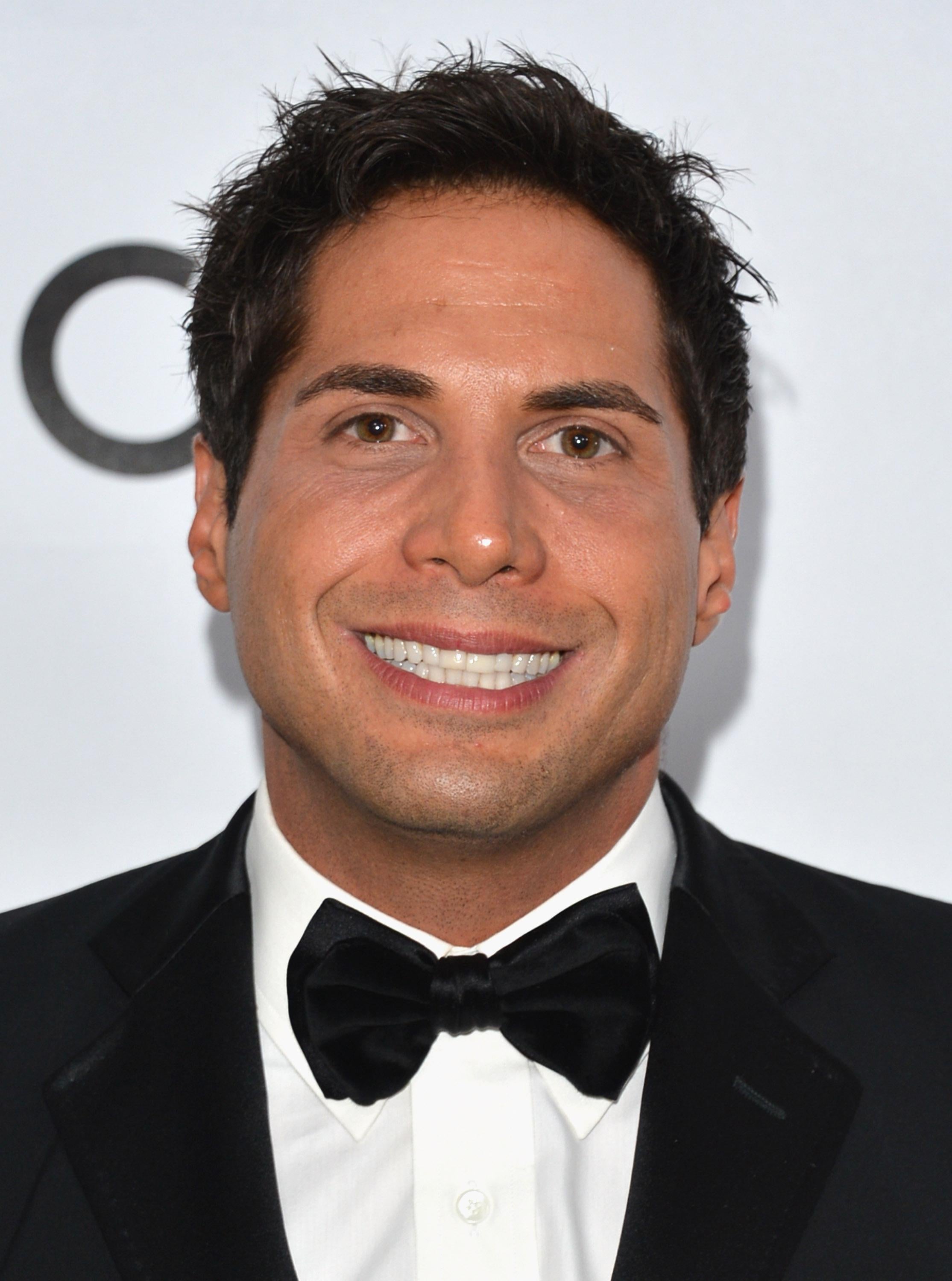Even leaving aside the fact that he built a business filming and distributing nude images of young women, many of whom later say they were too drunk to legally consent on the release forms they signed, Girls Gone Wild founder Joe Francis has an extensive record of behaving unattractively. Whether he’s asking a woman who sued him if she was a prostitute in an attempt to impugn her character, pleading guilty to filing a false tax return, or losing a defamation case against casino mogul Steve Wynn, Francis has a well-established tendency to get nasty with anyone who crosses him.
Last week, Francis added the jury that convicted him of false imprisonment and assault to the list, telling Stephen Galloway, a writer for the Hollywood Reporter, “I want that jury to know that each and every one of you are mentally f–ing retarded and you should be euthanized because, as Darwin said, you have naturally selected yourself. … You are the weakest members of the herd. Goodbye! And if that jury wants to convict me because I didn’t show up, which is the only reason why they did, then, you know, they should all be lined up and shot!” Aware that remarks like this were unlikely to aid him in his appeal against his conviction, Francis quickly issued an apology:
I deeply regret the remarks attributed to me in the interview with the Hollywood Reporter. They were hurtful and do not reflect my true feelings. While I disagree with the jury’s verdict as I am completely innocent of the charges and intend to appeal, I was afforded a fair trial, and if I lose at the appellate level, I will reluctantly but fully accept the jury’s verdict. … My comments are appalling, but anyone who has ever been wrongfully convicted of a crime that they did NOT commit would be as frustrated as I am. I want to apologize to all the jurors, the court, the city attorney, and my attorneys for my comments that were manipulated by the media, and please know I am truly ashamed of my conduct. I am truly, truly sorry. I hope everyone will understand I was not being serious and that I fully and deeply apologize for my remarks.
But why should the jurors accept Joe Francis’ apology? And why, for that matter, should anyone believe that his statements “do not reflect my true feelings”? Given that Francis once pressed Los Angeles Times reporter Claire Hoffman’s head against a car while twisting her arms behind her back, then insisted that he was only doing it to prove a point, could it be that what Francis claims are his true feelings and intentions don’t exactly line up with how the people who are subjected to them experience his behavior?
That Francis would apologize makes sense, given the odd way we view contrition in public life. If you’re a famous person who does something bad and expresses regret for your actions, that apology is supposed to be a get-out-of-jail-free card for your image. The question of whether or not the people directly affected by those bad acts—or anyone at all—accepts that apology and believes it augurs a real change in behavior barely enters into the calculation. It’s strange to see someone like former Seinfeld star Michael Richards get indemnified by Jesse Jackson after a racist rant, or to watch Jodie Foster at the Academy Awards talk about her personal friendship with Mel Gibson, as if that balances out his anti-Semitic remarks or the accusations of domestic violence against him.
Why on earth should anyone be expected to forgive Francis or think he is truly repentant, let alone a decent human being, because he says that he thinks people with mental disabilities should be euthanized—but he says it only when he’s upset? He describes the quotation as “attributed to me” and says his comments were “manipulated by the media” without denying he said them. He blames his offensive statements on his supposedly wrongful conviction—implicitly blaming the victims of his tirade since they are the ones who convicted him. This kind of apology shouldn’t matter. It doesn’t compare to a period of good works or a major donation to services for people with mental disabilities. Why does Francis think he’s in a position to demand the benefit of the doubt rather than having to earn back a reputation as a decent human being?
Brett Ratner, after a series of homophobic comments, dropped out of producing the Academy Awards and donated his time to creating public service announcements for GLAAD, earning himself an ally award in the process. That’s what actual repentance looks like. If Joe Francis wants the same consideration, he’s going to have to do more than issue statements.
